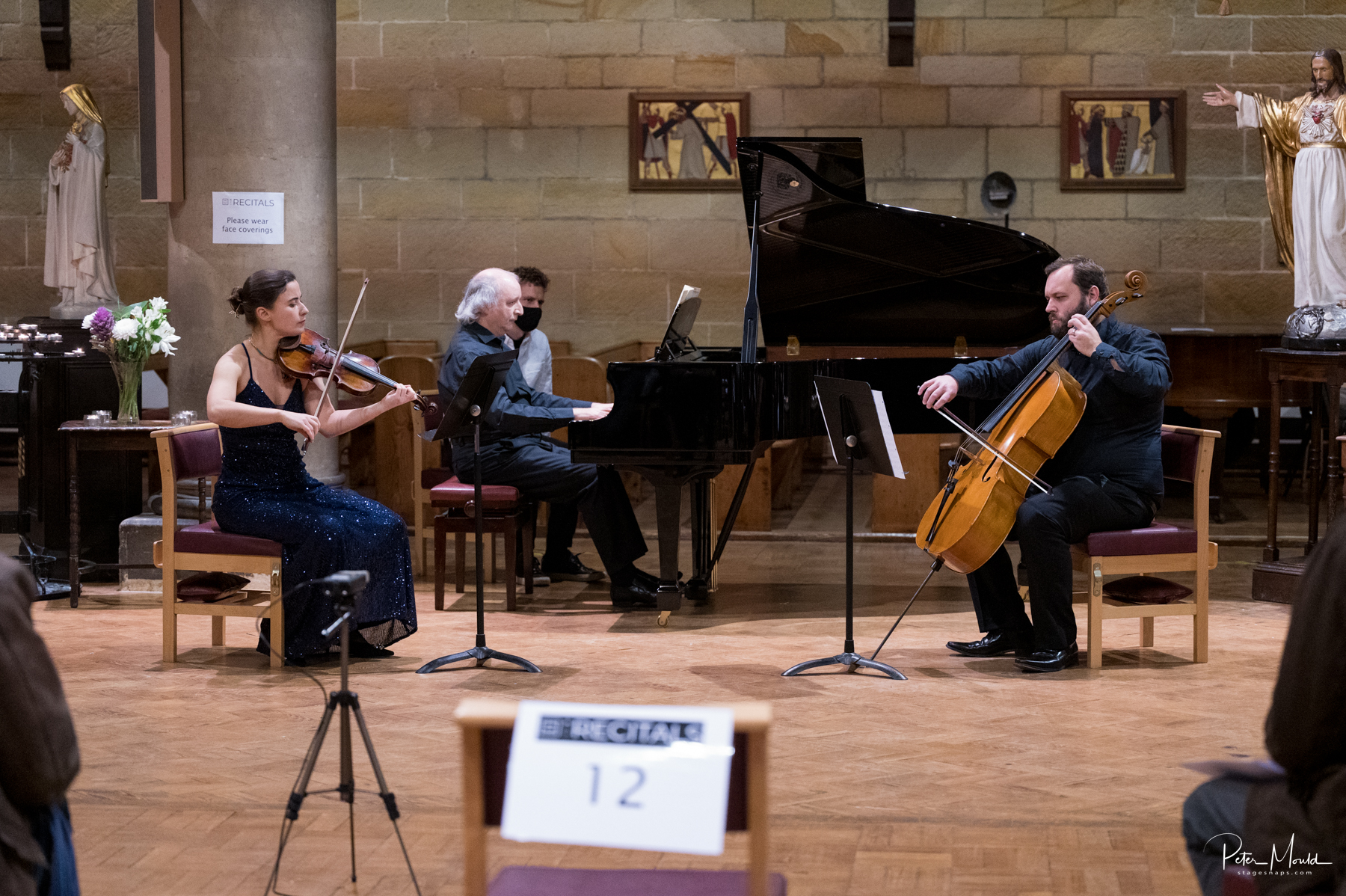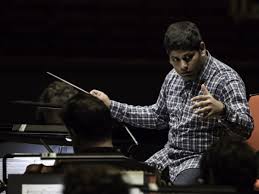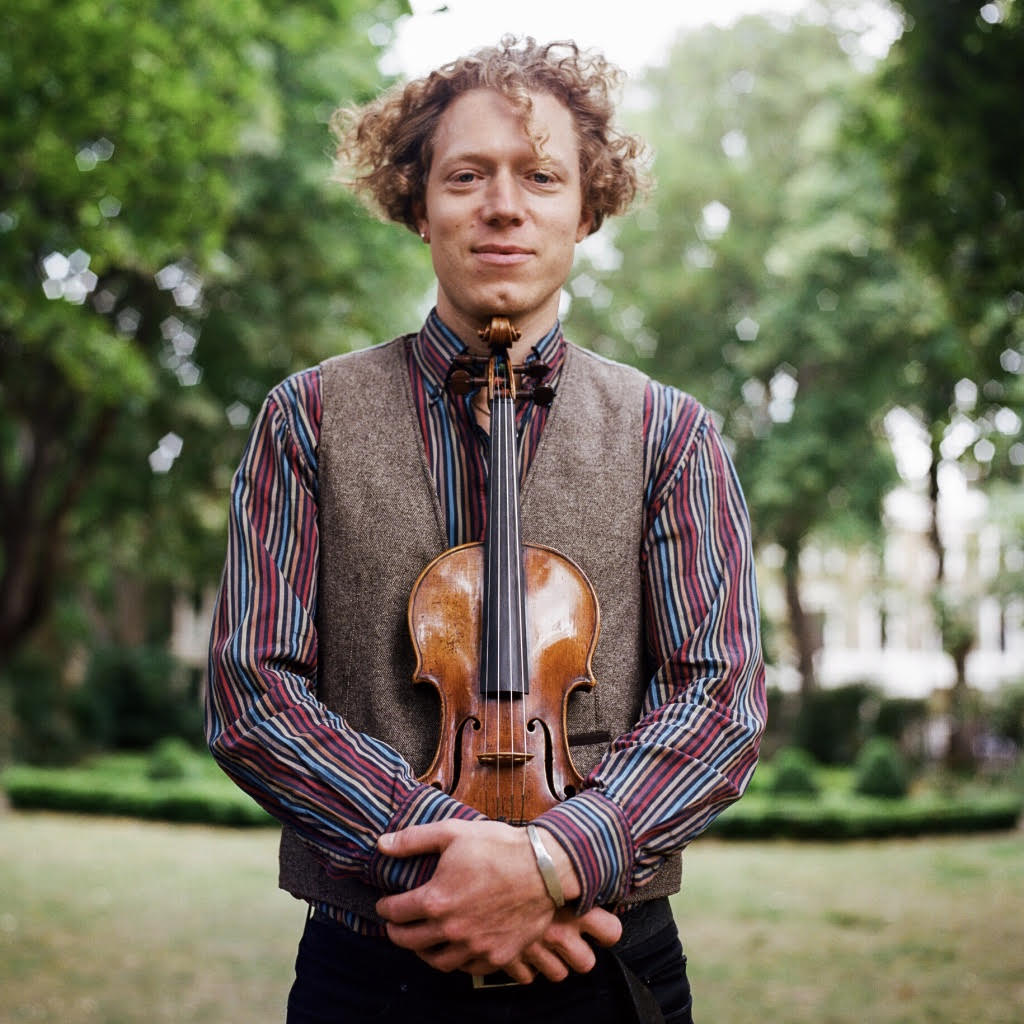Mediaeval Carols
Opus Anglicanum, Zeb Soanes, narrator
There are two cds here. The first is the full sequence of readings and early carols, which could be used as an act of worship or meditation and the second is just the musical items. A clever idea and one which works well. Zeb Soanes is a familiar voice from the BBC and sits comfortably alongside the reflective tones of the singers. A different but very engaging offering for Christmas.
MANTYJARVI – CHORAL MUSIC
CHOIR OF TRINITY COLLEGE, CAMBRIDGE, Stephen Layton, conductor
HYPERION CDA68266 70’54
This is a lovely marriage of choir, location and composer as one of the two more substantial works here is the Trinity Service dating from 2019. The other longer work is Stuttgarter Psalmen (2009). A few other shorter works complete this recording of contemporary sacred choral music. The Finnish composer describes his music as ‘not tonal, but largely consonance-driven’. There is much here to explore and enjoy.
ANTON BRUCKNER – THE SYMPHONIES VOL. 0
HANSJORG ALBRECHT, Bruckner organ, Stiftkirche St Florian, Linz
OEHMS CLASSICS OC476. 62’32
The transcribing of orchestral music for the organ is not a new concept. Through the Town Hall tradition here in the UK, many people were able to hear music played live that would otherwise have been denied them at a time when the repertoire of the local orchestra was limited or concerts off limits to people of a certain class and recordings were few and far between. In churches, at the opening and close of worship, and in concerts, transcriptions allow a wider range of music to be imported into a setting that would otherwise be more limited. I have no problem with transcriptions in either case but do wonder about the value of complex transcriptions of lengthy orchestral works. This question is raised in the booklet notes which explain that this is the first volume in a series that will present transcriptions of Bruckner’s symphonies, together with 10 new compositions by contemporary composers to sit alongside them. Bruckner’s love of the organ, his legendary lost improvisations and the relatively scarce amount of compositions for the organ are all reasons given for this cycle which aims to help to promote an understanding of Bruckner’s affinity and understanding of the organ. So, whilst not be a recording I would usually choose to listen to for pleasure there may well be much for us all to learn from this project.
WIDOR – ORGAN SYMPHONIES 4
CHRISTIAN VON BLOHN, Organ of St Joseph’s Church, Sankt Ingbert, Germany
NAXOS 8.574207. 81’31
These symphonies – which were written for the organ! – continue this particular series within the ever expanding Organ Encyclopaedia catalogue. Here we have the 1901 version of Symphony No 8 in B major coupled with the shorter Symphonie romaine. Both are sympathetically presented on this suitably comprehensive romantic instrument which was restored in 2007 following a fire.
George Schumann: piano works
Michael van Krucker, piano
CPO 555 304-2
George Schumann came from a very musical family and he was a professional church organist at the age of twelve. Though he composed a wide range of works, these beautiful pieces for piano – Sechs Fantasien, Stimmungsbilder, Drei Stucke Op1 & Drei Stucke Op3 – are early and demonstrate his established ability both as a performer and composer. Yet again it is a delight to be introduced not only to a composer who is little known today but to one who we really do need to know better.
Mauro Giuliani: Le Rossiniane
Goran Krivokapic, guitar
NAXOS 8.574272
Mauro Giulani was a gifted guitarist of the early nineteenth century and composed a large range of works for the instrument. These six Rossiniana skilfully draw on melodies from Rossini’s operas as the basis for the individual movements. However these are not simple improvisations in the way that Liszt approaches Rossini or Bellini. Giulani takes a number of themes in each movement so that the outcome is a new work rather than a variant on the original. Highly effective and splendidly played here by Goran Krivokapic.
Rossini: Matilde di Shabran
Gorecki Chamber Choir, Passionart Orchestra, Jose Miguel Perez-Sierra
NAXOS 8.660492-94
The problem with genius is that even on off days they are better than the rest. Matilde di Shabran – in this edition from Rome in 1821 – is a perfectly respectable piece which I guess, with an outstanding cast at a summer festival, might get by quite well. Unfortunately none of the soloists here has the heroic flair Rossini calls for and so we are left imagining what it might be like rather than sitting back and enjoying it. A pity – there is much good music here but it really needs a better vehicle.
A B Marx: Mose
GewandhausChor, Camerata Lipsiensis, Gregor Meyer
CPO 555 145-2
It is not often you come across a work which is a real surprise but Marx’ Mose is certainly that. Robert Schumann may have hated it but Wagner loved it and put it alongside Mozart and Bach in terms of scores he had by him at all times. It may not be as dynamic as Elijah but it is certainly as good if not better than St Paul and a real find. It is also, thankfully, very well sung and played here in a performance under Gregor Meyer which maintains interest throughout. Let us hope someone takes it up once choral societies get back into the swing of things next year.
Brahms: The last piano pieces
Victor Rosenbaum, piano
BRIDGE 9545
Three Intermezzi Op117; Six Piano Pieces Op118; Four Piano Pieces Op119
Victor Rosenbaum brings great sensitivity and a real sense of calm to these beautifully crafted late works. Almost too intimate at times, they speak directly to us – a welcome moment of peace in the present circumstances.
British Music for Strings 1
Sudwestdeutsches Kammerorchester Pforzheim, Douglas Bostock
CPO 555 382-2
Three substantial works here – Parry’s An English Suite; Elgar’s Organ Sonata Op28 arranged for string orchestra by Hans Kunstovny and Gordon Jacob’s A symphony for strings. Of these the Parry and Elgar are fairly familiar if not heard as often as they might deserve. The Gordon Jacob piece is more acerbic, written in 1943, and bearing the hallmarks of a composer grappling with conflicting musical styles. Good also to hear a German ensemble playing essentially English works.



